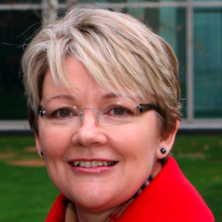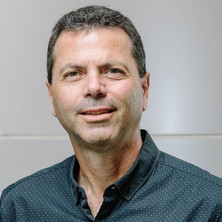DsbA inhibitors: from hits to leads (2016-2018)
Abstract
Pathogenic bacteria cause disease by producing virulence factors. Our aim is to develop a new generation of drugs that target bacterial virulence rather than blocking viability. An essential step in virulence factor assembly in Gram-negative bacteria is the introduction of disulfide bonds into the folding virulence proteins. This step is catalyzed by the disulfide bond machinery, comprising a soluble periplasmic enzyme DsbA and an integral membrane protein DsbB. We have discovered small molecule inhibitors and peptidic inhibitors of E coli DsbA. Our research plan is to develop these into lead compounds for drug development through the proposed interdisciplinary 3-year research program. We will also test the hypothesis that DsbA inhibitors will not induce resistance, and that they can be combined with current antibiotics to affect multi-drug resistant bacteria. We will use medicinal chemistry, targeted lead libraries, NMR, crystallography, structure-based inhibitor design, biophysical characterization, in vitro assays and in vivo assays to achieve our aim of generating several potent, selective inhibitors of DsbA to progress into animal studies and clinical trials.



